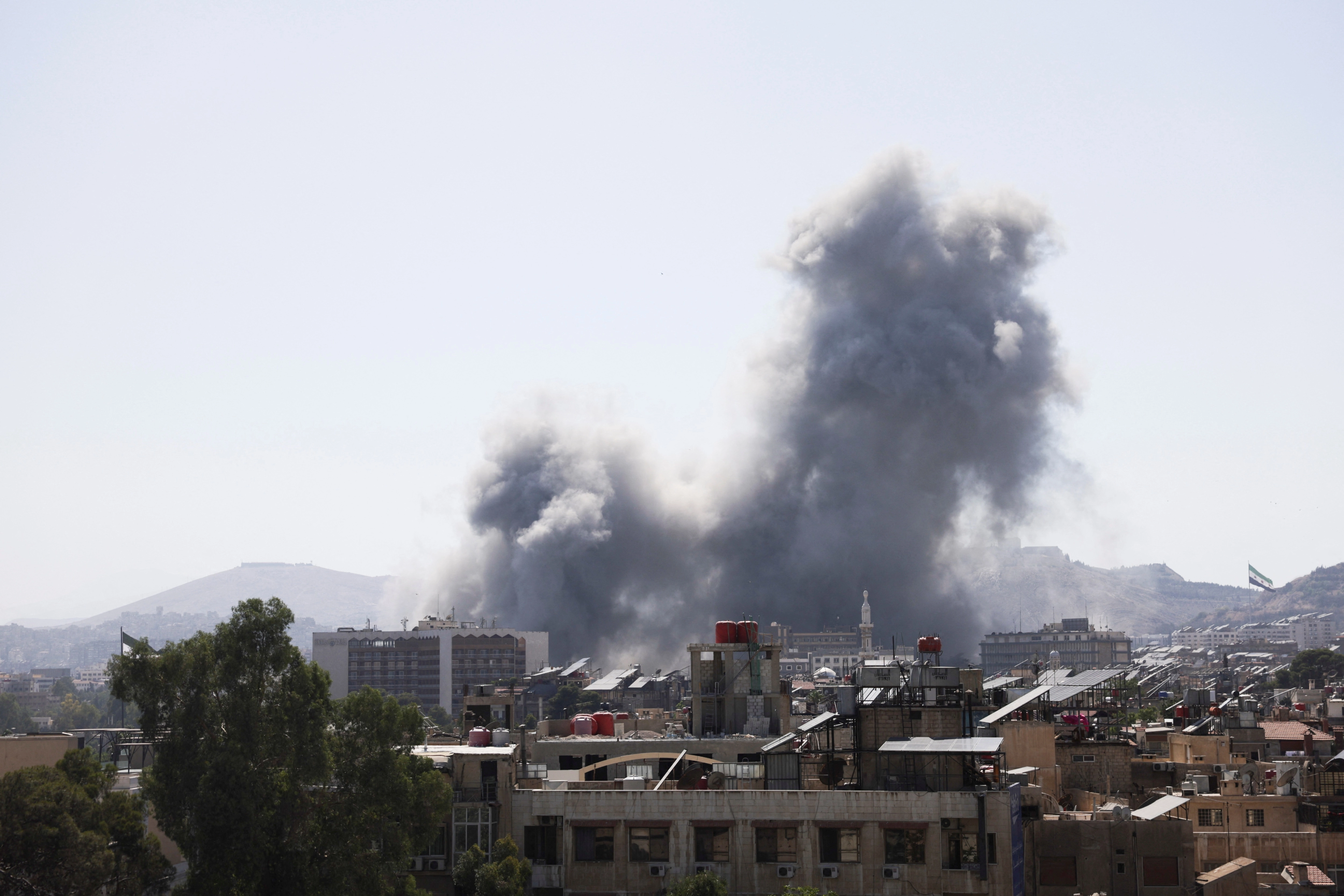In a significant escalation of tensions in the region, Israel has launched airstrikes targeting the Syrian army headquarters in the city of Sweida, which has a predominantly Druze population. This military action comes amidst ongoing clashes in the area, highlighting the precarious situation in Syria as various factions vie for control amid the backdrop of a protracted civil war. The Druze community, a religious and ethnic minority in the region, has often found itself caught between the conflicting interests of various state and non-state actors, and this latest incident underscores the complexities of the Syrian conflict.
The airstrikes reportedly aimed to disrupt the operations of the Syrian military and its allied forces, which have been engaged in fierce fighting against rebel groups and other militant factions within Syria. Israel has long maintained a policy of countering Iranian influence in Syria, viewing the presence of Iranian-backed forces near its borders as a direct threat to its national security. The decision to target the Syrian army headquarters in Sweida is indicative of Israel’s broader strategy to prevent the entrenchment of hostile forces in the region.
The city of Sweida has been relatively calm compared to other parts of Syria, but the recent violence marks a worrying trend that could destabilize the area further. The Druze community, which has largely sought to maintain a degree of autonomy and neutrality throughout the conflict, may find itself increasingly drawn into the fray as external pressures mount. Local leaders have expressed concern over the potential for increased violence and the impact on civilian lives, emphasizing the need for a peaceful resolution to the ongoing hostilities.
This incident not only highlights the fragility of the situation in Syria but also raises questions about the future of Israeli-Syrian relations and the geopolitical dynamics in the region. As Israel continues to conduct operations in Syria to counter perceived threats, the risk of miscalculation and further escalation remains high. The international community watches closely, as the ramifications of such military actions could have far-reaching consequences beyond the immediate conflict, affecting regional stability and the delicate balance of power in the Middle East.




